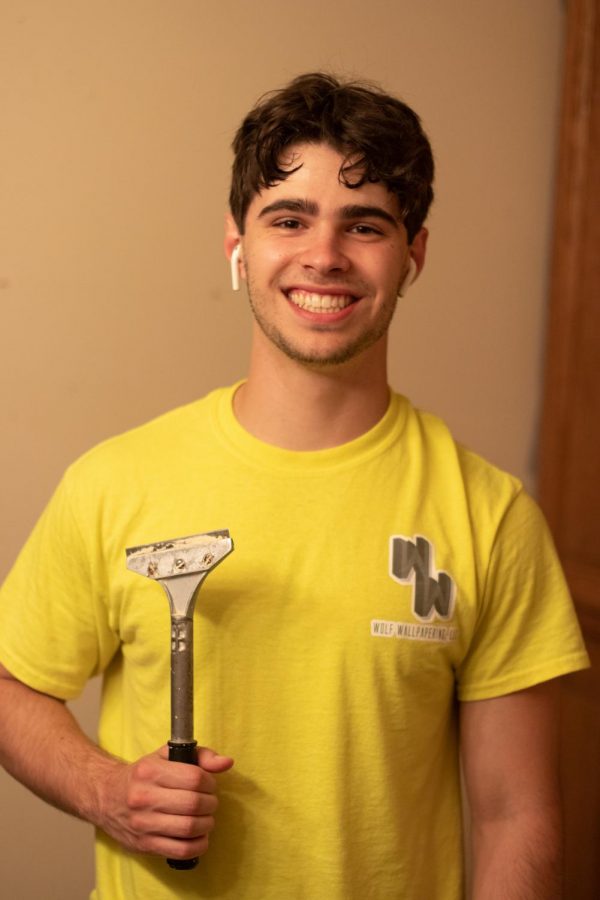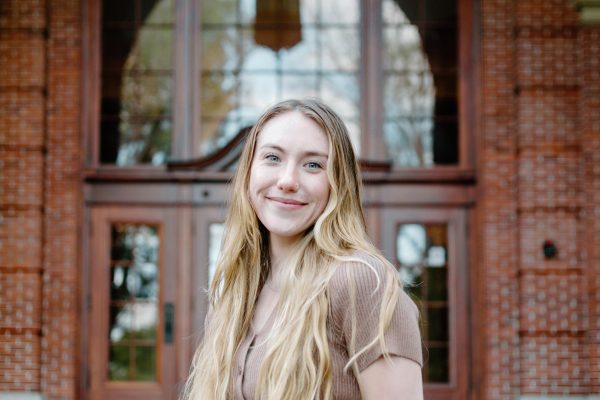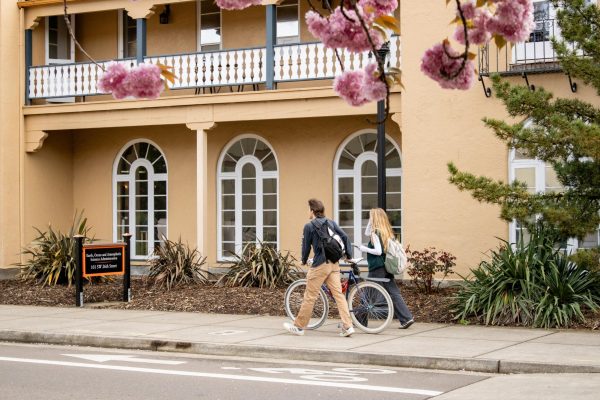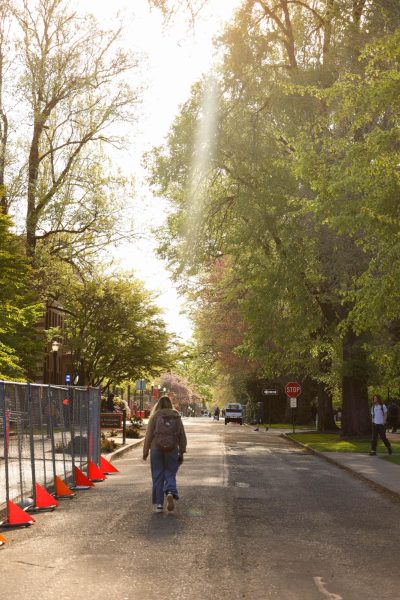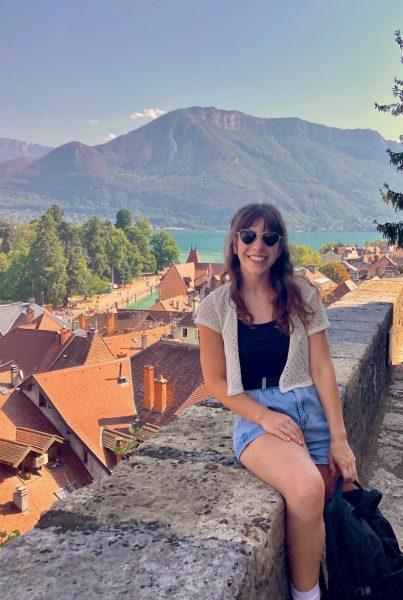LeCocq: Pandemic summer promotes change for college students
July 6, 2021
Editor’s Note: This column does not represent the opinion of The Daily Barometer. This column reflects the personal opinions of the writer.
Adjusting to on-campus life is always a concern for first-year college students, but the transition into summer, especially after this unusual school year, can be a big adjustment for many.
Oregon State University students such as myself, and rising sophomore Regan Singer, a biohealth science major, returned home for the summer. After the past year of living on-campus in Corvallis, Ore., the readjustment to living at home causes us to reflect on our experiences from the past year.
“I had a great roommate, and I met a lot of cool people and got involved in a couple different clubs so that made it a lot busier,” Singer said. “[This past year] wasn’t the typical experience because it was online, but since it’s my first year, it pretty much became normal. I was really excited to go home and to see friends and family again, especially after everything with the pandemic.”
For Singer, the feeling of familiarity that comes with returning home can be comforting after the year we had experienced. We get to enjoy the things that were missed while living in the dorms such as cooking.
Returning home after being gone for months does have its own set of readjustments to make just as arriving on campus had last fall.
Despite returning to what seems like an average degree of change and community growth, students such as myself feel as if we have grown and changed well beyond the time we have been gone. This can make the first few weeks of summer feel strange and surreal.
Rising sophomore and music major Kjerstyn Jordheim is one of many who have seen the past year of growth impact her future plans, even as she transitions into the summer.
“The amount that I have changed and grown in the last year is insane, the me this time last year is unrecognizable to me now,” Jordhiem said. “I also changed my major and whole life plan so much which I think is pretty typical but still crazy.”
One of the biggest contributors to these changes for both Singer and Jordheim have come from traditional first-year housing of living in dorms on campus.
“There is something about being on campus that’s just an unmatched energy,” Jordhiem said. “Living in the dorms, just having people around all the time—I’m a little bit more introverted, but I think I got used that… now I [know I] have to have other people.”
“I became a lot more independent this year [and] I took on a lot more responsibility,” Singer said.
This gained sense of responsibility and self-reliance seems to have been the most transferable change into students’ summer plans. The drive to work towards bigger goals in any capacity has been one of the biggest takeaways for many.
As Singer goes back to work for the summer in her old gymnastics facility, she notices that while the physical gym has not changed, she herself has in some ways. From her on-campus experiences, Singer now has a broader perspective on life, which follows her even returning to a familiar setting.
Even without returning home, Jordhiem, who is remaining in Corvallis for the summer, plans to use her growth from the past year to move forward in her goals.
“I am a music major and I write my own music so this is definitely a summer of grinding so i can support myself with music, line between my songwriting and my academics is pretty blurred, [but] its nice to not have to worry about assignments,” Jordhiem said.
No matter what students do, we are leaving this past year behind and looking to move forward. This year of rapid and unforeseen adjustments has caused more change than any normal first year of college would have.
“I wonder if there wasn’t this chaotic world would I be the same person I was this time last year. There’s some hard parts of trying to be a whole adult at age 19 but definitely all good things, [I] wouldn’t have it any other way,” Jordhiem said.












































































































